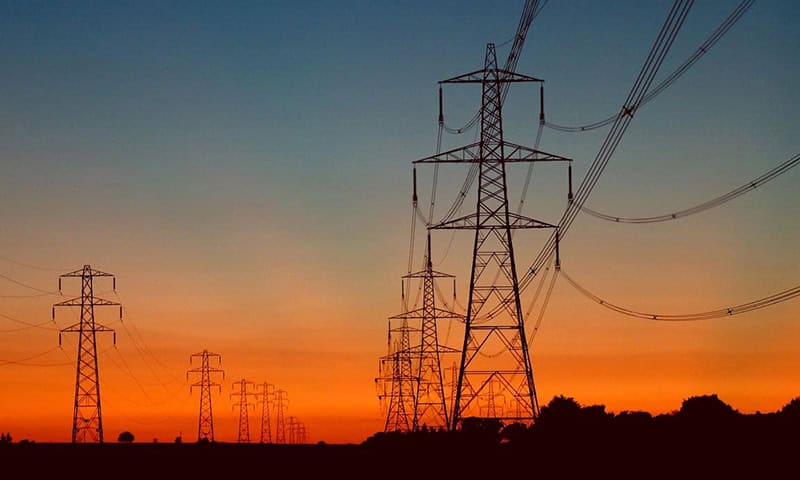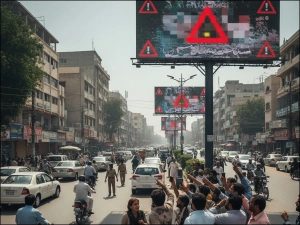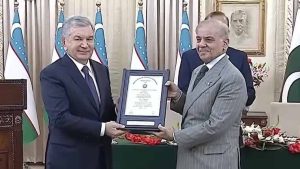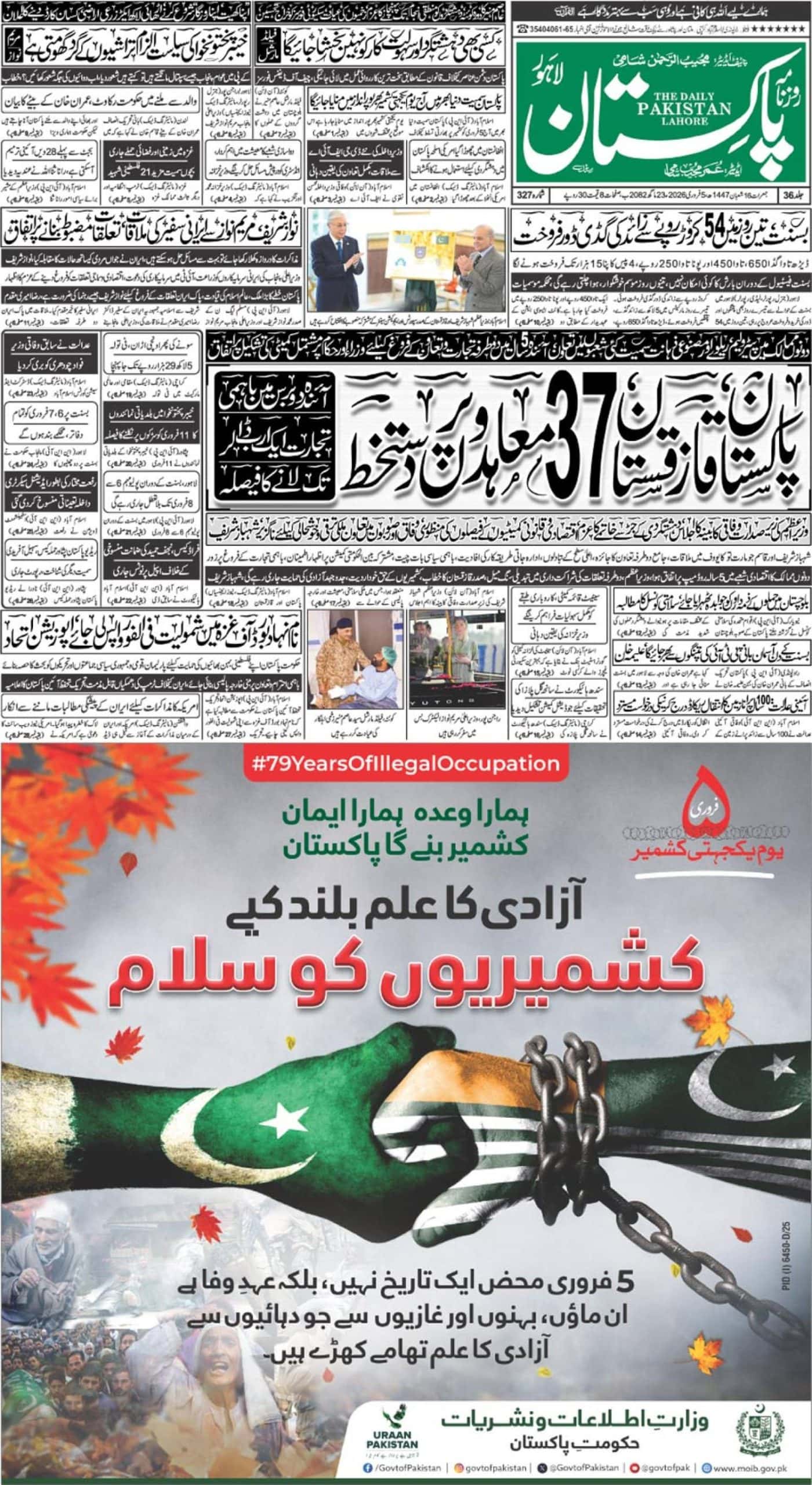Pakistan has overcome the crippling power crisis by taking effective measures with over 95 percent of the country’s population having access to electricity, the Spectator Index reported, citing World Bank Data.
The data shared by the Spectator Index on Twitter says that Pakistan provided electricity to 97.5% of the population by 2014, while in India only 79% of people have access to this form of energy, which is considered a major force to make a country prosperous.
Japan, Russia, China, European Union and the United States have topped the survey with 100% access of electricity to the population.
The data further revealed that Brazil stood at 99.7%, Indonesia 97%, Mexico 99.2%, Nigeria 57 %, Kenya 36%, while only 27% Ethiopians have access to the electricity.
The development in electricity access occurred during the tenure of Pakistan Muslim League-Nawaz (PML-N) which took over the country in 2013 after winning the elections.
Data available on the website of the World Bank shows 99.147 of the population had access to electricity by 2016 with 98.8% in rural areas and 99.64% in urban areas.

Pakistan currently relies on natural gas, oil, hydro-power, coal and nuclear energy for the bulk of its energy needs.
A report published by International Renewable Energy Agency earlier this year had suggested that Pakistan needs to fully exploit indigenous renewable energy resources to improve energy security.













